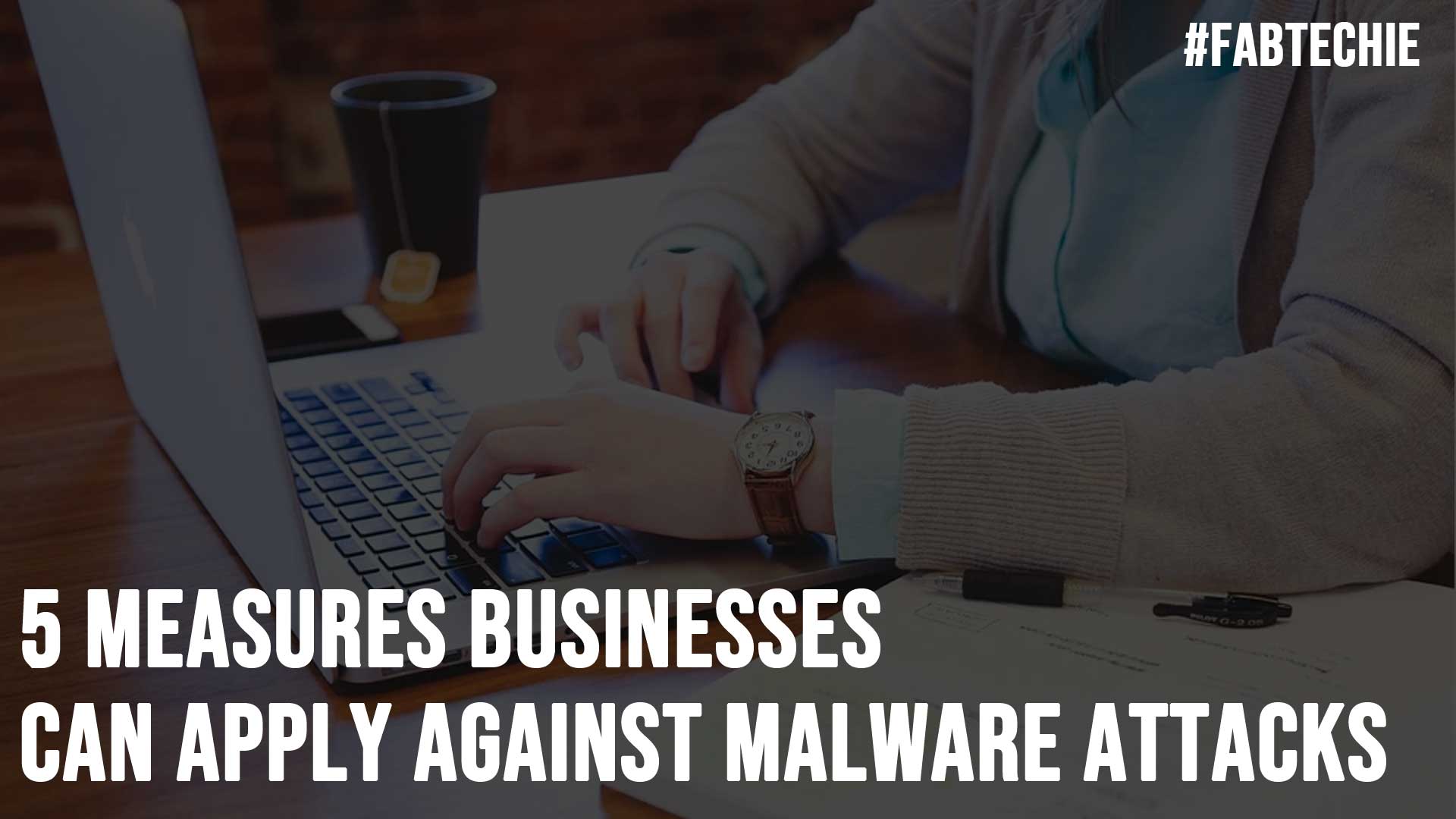Malware attacks are prevalent and getting more sophisticated nowadays. Malware or malicious software or program is frequently used by hackers to get access into your computer and compromise or steal your data.
Hackers also carry out malware attacks to spy on your offline or online activities, sabotage core computer functions, flood your computer with unwanted ads, and extort money.
As per Verizon study, 28 percent of data breaches are in the form of malware attacks. Moreover, small businesses are the common victims of such data break-ins involving malware.
That’s why you need to protect your business against malware attacks.

Take note of this guide below for that purpose.
Table of Contents
Types of Malware
Malware is a general term for a broad range of attacks that target computer systems. Here’s a list of malware types that you should be aware of.
- Computer virus. An old type of malware that targets a computer or gadget when you click an infected executable program or file. Once you click on it, the virus can corrupt other programs or files on your device.
- A type of malware that sends unwelcome ads and spies on your online activities to pinpoint your product biases and dispatch more ads.
- A common malware that blocks access to your computer and data. Then, the developer will blackmail you to provide money in exchange for not deleting or publishing your important or confidential information.
- A type of malware that’s created to gather confidential data about your business.
- A malware that has the ability to duplicate itself without running or attaching it to a program.
- Trojan virus. A type of malware that disguises as legit software to trick you into installing it on your device.
- A malware that allows cybercriminals to avoid ordinary security barriers and get access to your computer network.
Also Read: How to Protect Your Privacy on the Internet?
How to Protect Your Business Against Malware Attacks?
Don’t wait to get attacked by hackers and only then you take action. As early, you must secure your company’s computer system or network to prevent malware attacks.
Here’s a list of five proactive measures you can take for that purpose.
Install Anti-Malware Programs
Perhaps you already know about the capability of anti-malware software to make your devices secure.
But we need to keep reminding everyone of the importance of such anti-malware programs. That’s why it’s the first on this list.
If you want to protect your devices in real-time, you should install anti-malware software that scans, detects, and removes malicious files or programs from your devices.
It’s also crucial to install an intrusion prevention system, an intrusion detection system, and a firewall for an extra layer of security.
Update, Update, Update
The browser extensions, plugins, content management systems, anti-malware software, and other programs in your computer will be vulnerable to cyberattacks if you don’t keep them up-to-date.
Software developers are always creating patches and updates to ensure that their apps and programs are not at risk of malware attacks that keep evolving every day.
As a user, you should make sure that you download and install such updates on your devices.
Use your Wi-Fi or mobile data to perform this task. Don’t forget to recharge your Telenor SIM to make sure you have internet access for that purpose.
You should have a regular check on your plugins, browsers, software tools, operations systems, etc., to ensure that they are updated.
Create Secure Passwords
Secure and protect your accounts by creating strong passwords with characters that include a lowercase letter, an uppercase letter, a symbol, and a number.
You should also activate two-way authentication to ensure that the user logging into your accounts is really you.
Moreover, it’s also essential to apply biometric authentication, such as facial and fingerprint recognition.
This measure is to enhance the security of your accounts and prevent unwarranted persons from accessing them.
You must also use a password manager where you can save and monitor your passwords. Don’t save your passwords on your computer or any other device.
Avoid Using Admin Accounts for Ordinary Tasks
Malware can access and stay on your computer system or network if you’re not taking precautionary measures.
One important thing to consider to prevent that from happening is to block non-admin accounts from gaining access to your computer system or network.
You should not use admin accounts for ordinary tasks like checking your email. Use admin accounts only to perform administrative tasks (for instance, making changes on your computer settings).
Educate Your Business Team
Education is the key to protecting your business against cyberattacks.
Make sure that your employees know about the importance of cybersecurity so that they apply the best practices to prevent data breaches and cybercriminal activities.
You can conduct training sessions on how to identify malicious software, programs, links, and emails so that they are aware of typical malware attacks.
It’s also crucial to encourage your team to report any unusual behavior on your company’s computer system.
Also Read: How important is the router security these days
Takeaway
Now you know the proactive measures that you can apply to protect your business against malware attacks.
Make sure to install anti-malware software, keep everything updated, create strong passwords, avoid using admin accounts for ordinary tasks, and educate your business team concerning the importance of cybersecurity.

